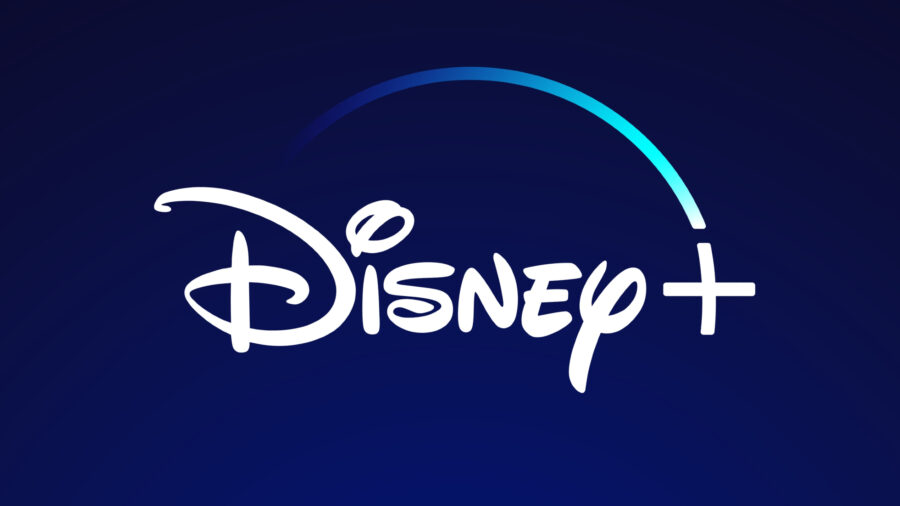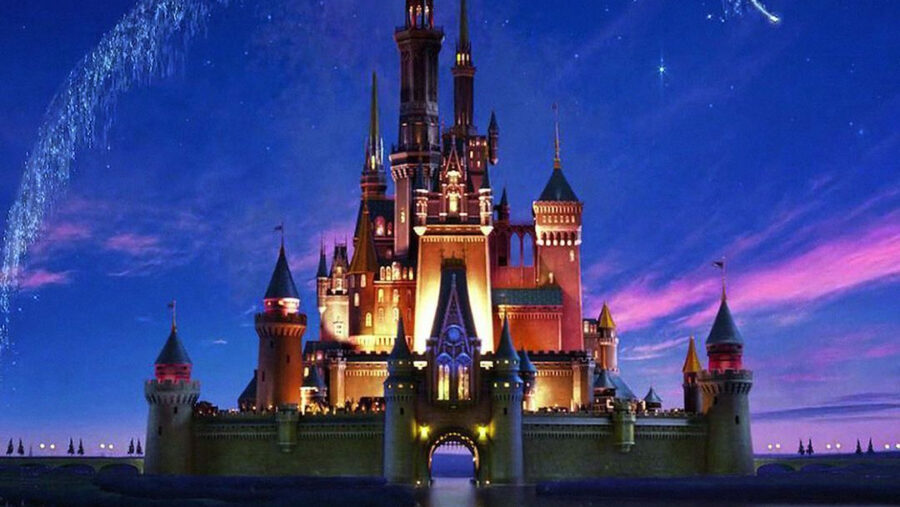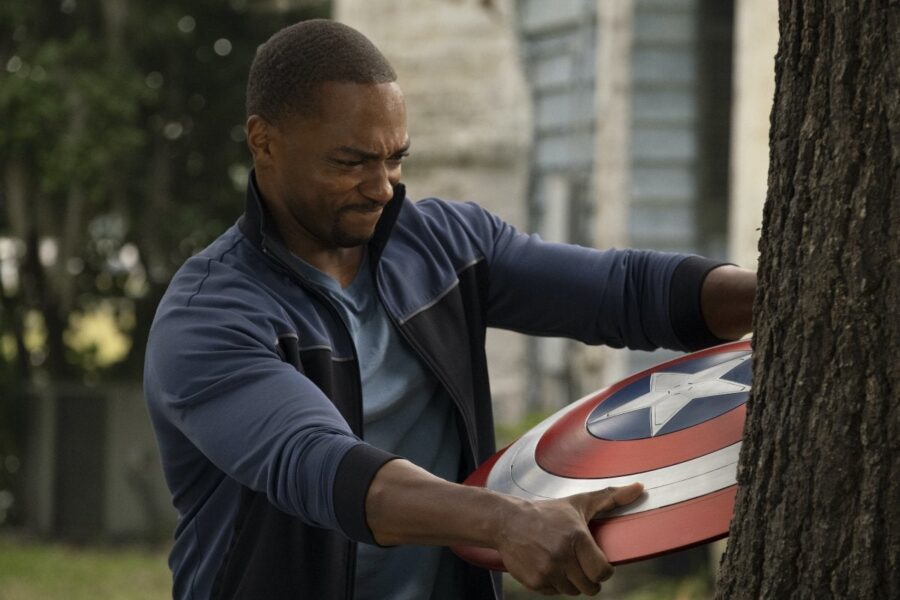Disney Says They Turn Down Well-Written Scripts In Favor Of Diversity, Here’s Why
According to a recent quote from a Disney executive, the studio is turning down very good scripts if they don't meet certain guidelines.
This article is more than 2 years old

There’s been a significant push lately to handle diversity concerns on the big and small screen with Disney definitely wanting to make sure they are keeping this in consideration when getting to work on new productions. It’s their standard operating procedure in how they are choosing scripts and projects. In fact, it might be one of the first and only things they are considering out of the gate when it comes to getting new movies or shows made. Recently it was revealed by The Hollywood Reporter that Disney would even turn down well-written scripts if it was clear that diversity wasn’t present in the story’s characters.
This news about Disney handling how they chose what projects to work on and which scripts would be actively considered isn’t just a rumor either. This is straight from Disney executives and sheds a light on how and why certain movies and projects are getting made at the studio. Dana Walden, Disney’s Chairwoman of Entertainment, was speaking at a panel discussion in mid-April and had some interesting takes on how the studio handles which scripts to accept and green light.
According to White, she used the specific example of a script Disney had passed on even though she claimed it was “well-written.” This came in the form of this quote:
I will tell you for the first time we received some incredibly well-written scripts that did not satisfy our standards in terms of inclusion…

This script in particular Walden refers to apparently was about a white family. Based on the new diversity guidelines implemented by Disney, Walden says the assumption was these would be met by casting folks to be the family’s neighbors that checked the particular box. This earned a hard “pass” from Disney even though, as Walden clearly says, the script was good. When asked about why this was the case and expanding on the thought process around why Disney would clearly move on from this project, here’s what she had to say:
That’s not going to get on the air anymore because that’s not what our audience wants. That’s not a reflection of our audience, and I feel good about the direction we’re moving.
Disney has put diversity in their stories and in their hiring process at the forefront of their decision-making right now when it comes to both projects and talent. In fact, right now they’ve become inedibly transparent around how their staff is constructed, even posting a Diversity Dashboard on their website which outlines the percentages of male/ female workforce they have and even breaks it down along ethnic lines as well depending on the position.

As part of the goal to include more diverse productions Disney has set forth guidelines that the company is adhering to in terms of diversity and hiring people of underrepresented communities. For people appearing on-screen, according to the new guidelines, 50% or more of regular or recurring characters must be from said underrepresented groups. This includes both the character and the actor or actress playing them. This is likely what Walden was referring to with the neighbor. In Disney’s mind, they believed the quota would try to be filled with side characters and this didn’t meet their expectations.
And for Disney, this new push has clearly played out in some of their recent higher-profile productions including The Falcon and the Winter Soldier as well as Raya and the Last Dragon, both of which focused on diversity in both their stories and characters. And Captain America 4 will apparently be focused directly on racism in America. It appears the studio is adhering to its goal and they are making specific choices around projects with this in mind.












